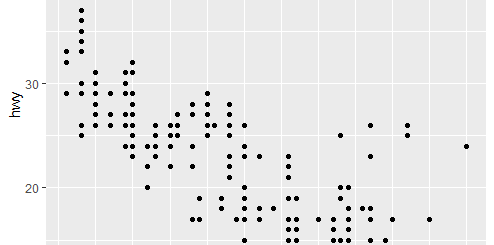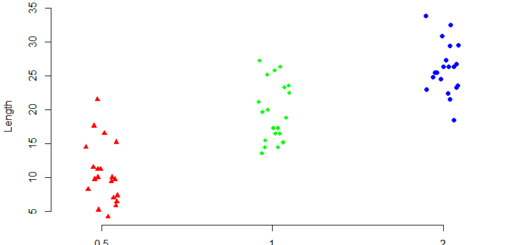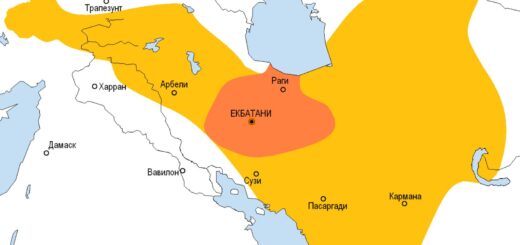Intraday Stock Trading in R
Intraday Stock Trading in R, First, we need to understand what is mean by intraday?
Intraday trading involves buying and selling stocks or shares within the same trading day.
In intraday, stocks are purchased not to for investment, but to earn money basis the movement of stock indices.
Thus, the fluctuations in the prices of the shares are allowed to earn profits from the trading of stocks.
You need to specify that the orders are specific to intraday trading and the orders are squared off before the end of the trading day.
Intraday Trading Rules
When you are doing intraday trading need to take care of some of the below-mentioned cases.
- Intraday Trading Tips
Always remember intraday trading is riskier than investing in the regular stock market.
Beginners are advised to invest only the amount they can afford to lose without facing financial difficulties.
Always try to invest some reserved amount of money.
2. Intraday Trading Indicators
When it comes to booking profits in intraday trading, indicators are good tools to maximize returns.
Relative strength index, volume indicator along price action could be some of the best combinations for intraday trading.
3. How to make a profit in Intraday Trading
Price volatility and volume are a couple of factors that play a crucial role in the stocks picked for daily trading.
Traders must not risk over two percent of their total trading capital on a single trade to ensure the right risk management.
4. Intraday Time Analysis
Know about some important chart reading techniques.
If you are aware of candle chart pattern is one of the important tools for predicting the price movements.
Need to understand the pattern of daily open price, high, low and previous day close, etc…
5. How to Choose Stocks for Intraday Trading
To succeed as an intraday trader, need to choose the correct stock.
Obviously, price movement, fundamentals, and volume are crucial parts of this case.
If you have an investment plan, need to look at the industries or sectors that are likely to benefit from the development of the economy going forward.
6. Decision on Time
The final and last tips for taking a decision with an early time point are crucial for any intraday trading.
Here we are talking about small chart reading techniques with the help of automation.
Rule of trading
- Never borrow money and trade
- Never invest 100%
- Always have some cash in your hand
- Don’t invest or trade-in same sector
- Control the emotion and keep the patience
- Keep learning and keep investing
Why automation?
Good question, because time is everything, we need to make the decision as soon as possible.
Chart Reading Basics in Malayalam
Intraday stock trading in r
We will discuss interesting chart reading patterns in R.
The same techniques you can execute in Excel also, because of time managements we are executing with the help of R codes.
Here we are discussing Balakrishna Industries Ltd stock for intraday.
#Load all required libraries
library(xlsx) library(lubridate) library(dplyr) library(taRifx) library(data.table) set.seed(111) options(digits = 2)
Call stock data points into R environment, Data is reading from yahoo finance and reading only the previous five day’s details.
Below mentioned scripts for your understanding purposes only, take the appropriate changes and make your own decision call.
BalKrish<-'https://query1.finance.yahoo.com/v7/finance/download/BALKRISIND.NS?period1=1615334400&period2=1615766400&interval=1d&events=history&includeAdjustedClose=true'
Now we need to declare some price details. Like current price, open price, high, low, previous close, etc.
Link<-BalKrish Price<-1608 OPEN<-1629 HIGH<-1636 LOW<-1605 CLOSE<-1628
Take only relevant data for further analysis
Date<-today()
myinput<-data.frame(Date,OPEN,HIGH,LOW,CLOSE)
ind <-fread(Link)
colnames(ind)<-c("Date","OPEN","HIGH","LOW","CLOSE","Adj.Close","VOLUME")
ind[,2:dim(ind)[2]]<-japply(ind[,2:dim(ind)[2]], which(sapply(ind[,2:dim(ind)[2]], class)=="character"), as.numeric )
ind<-na.omit(ind)
ind$Date<-sort(ind$Date, decreasing = TRUE)
ind$Call<-NULL
ind$Date<-sort(ind$Date)
ind<-data.frame(ind[,c(-6,-7)])
ind<-rbind(ind,myinput)
ind$Date[dim(ind)[1]]<-as.character(today())
ind<-ind[c(dim(ind)[1]-1,dim(ind)[1]),]Chart reading pattern analysis
Pivot point calculation
PP<-(ind$HIGH[1]+ind$LOW[1]+ind$CLOSE[1])/3 R1<-(2*PP)-ind$LOW[2] S1<-(2*PP)-ind$HIGH[2] R2<-ind$HIGH[2]+2*(PP-ind$LOW[2]) S2<-ind$LOW[2]-(2*(ind$HIGH[2]-PP)) R3<-PP+(ind$HIGH[2]-ind$LOW[2]) S3<-PP-(ind$HIGH[2]-ind$LOW[2]) BCPR<-(ind$HIGH[1]+ind$LOW[1])/2 TCPR<-(PP-BCPR)+PP
Intraday stock trading in r -Decision call
if(Price>TCPR){
print("Bullish Sign Basis-Buy Stock")
}else print("Bearish Sign Basis- Sell Stock")
print(paste("Recommendation is based on opening price-PP=",PP,sep=""))Conclusion
Always decision is important, we need to take this call on an early morning, getting the idea about is crucial.
Going against the market trends is difficult and loose lots of money and risky trading too.
Execute the code and go with market trends and make a profit.
Trading requires experience, strategy, chart reading pattern analysis, and finally control the human emotions.
Concern your financial advisor before making any investment.
Stock Prediction-Intraday Trading » With High Accuracy »







